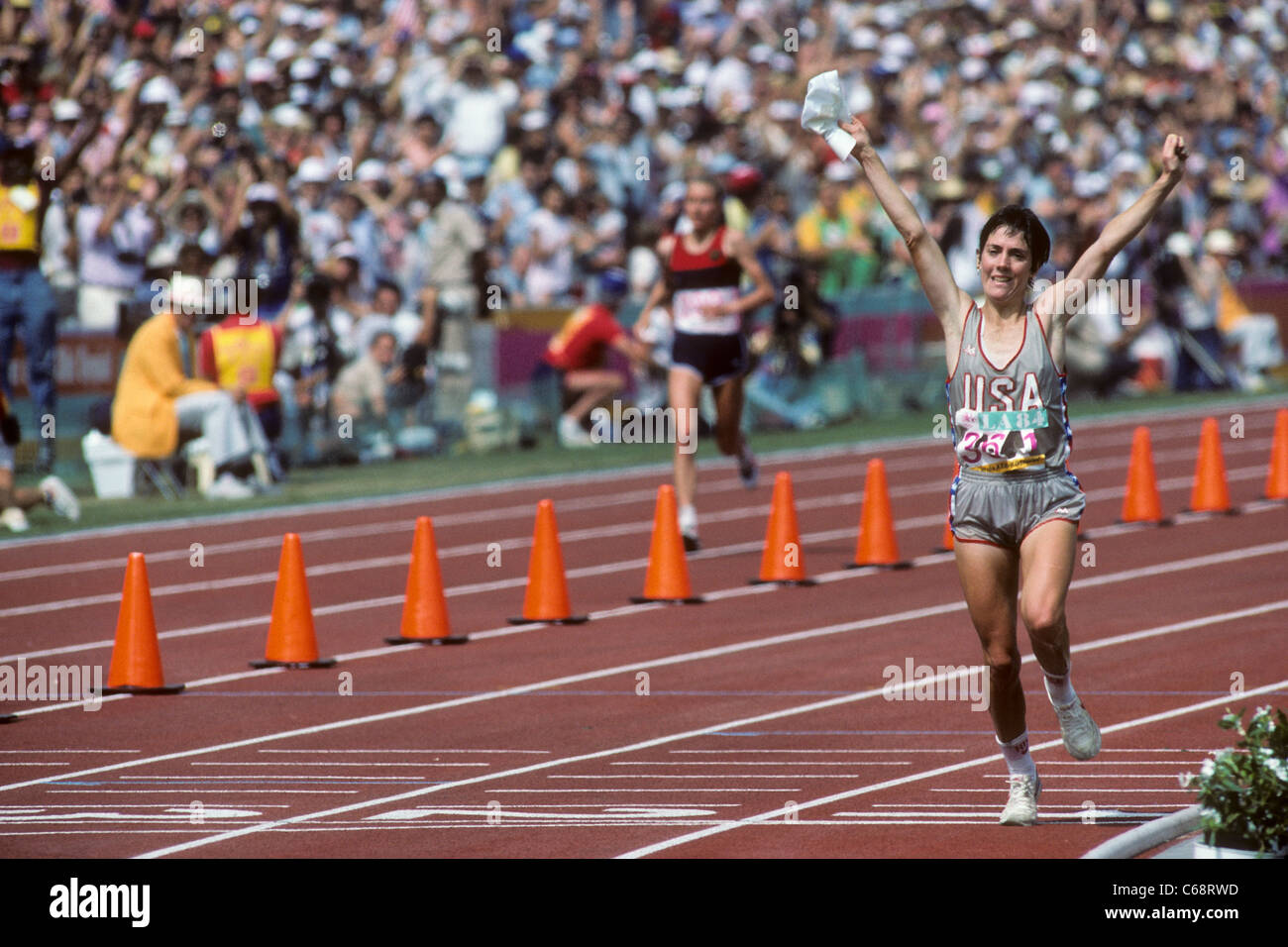

I carried this lesson into my next coaching experience with adult runners. Got a busy life? Run tough on weekends, rest before & after. Check any of my training programs in books or online and you immediately will recognize the same pattern. In his next marathon, Kevin bettered the Olympic Trials qualifying standard by 10 seconds. Mondays also became rest/easy days to recover from the hard weekend workouts. To prepare for the weekends, we ran easy on Fridays or even took a day off. As a bottom-of-the-ladder accountant, Kevin worked long hours, which made double workouts difficult during the work week, but, like almost every other individual working a 9-to-5 job, he had Saturdays and Sundays off.Īs our strategy, we decided to cram most of the hard work into the weekends: speed training on Saturdays and long runs on Sundays, plus a couple of easy (double-workout) runs each of those days to add mileage. He chose, as his goal, qualifying for the 1984 Olympic Trials, meaning he would need to better an already difficult 2:19:05 standard. In the 1980s, our oldest son Kevin graduated from Indiana University and went to work for a Big-Eight accounting firm in Chicago.

I also learned a lot, soon after, from a young runner. You can run long distances if you take your time. Thus, I learned my first lesson as a coach of adult runners: 1.

The ramp up to high mileage had been gentle, so they gradually adapted to the stress. Nevertheless, everybody (including my wife) finished Honolulu and had fun - one reason being that they spent nearly a year getting ready. Our adults ran more miles than I might ask a similar group to run today. During our previous coaching experiences, Ron and I had been with young runners. Few coaches in that era offered adult runners much advice or respect. Reflecting back on the class, Ron and I probably overtrained the runners blindly following us with too many miles. Before then, only members of high school or college teams ran, but long-distance running was about to become mainstream. This was the decade of Frank Shorter winning Olympic gold, Bill Rodgers winning nearly every race he entered, and Joan Benoit winning the Boston Marathon wearing a Red Sox cap. At the end of the 1970s, Ron Gunn, the athletic director at Southwestern Michigan College in Dowagiac, asked if I would help teach a class for beginning runners preparing them to run the Honolulu Marathon.


 0 kommentar(er)
0 kommentar(er)
